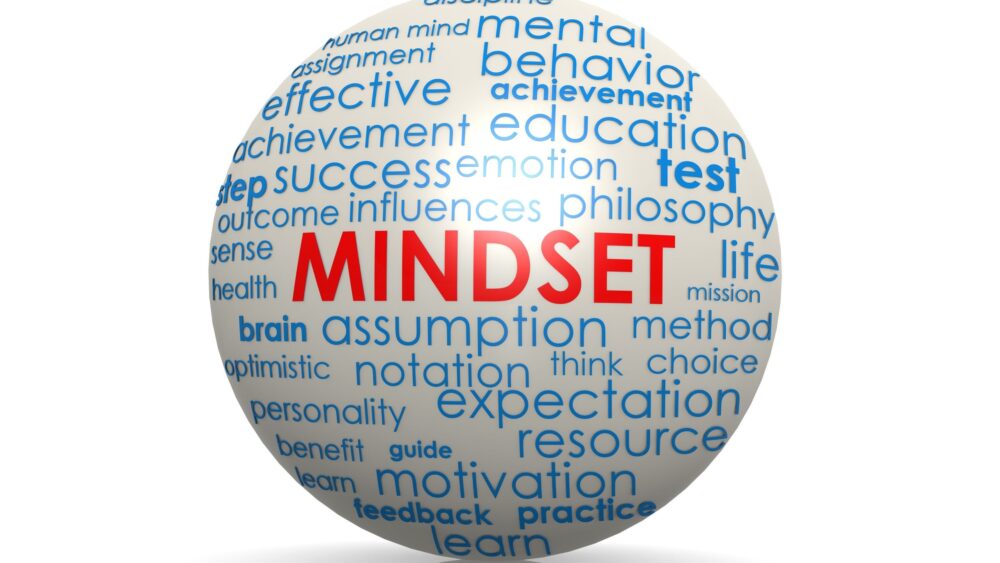At Iridium Leadership, we’ve been thinking a lot about what really makes for a great hire. Skills and experience are essential. But more often than not, it’s a person’s mindset that determines their effectiveness on the job.
Some talk about hiring for attitude. We prefer to think of it as mindset. A person’s mindset influences how they think, the impact they have others, how they approach challenges, how they view the organization, and how well they align with its culture. All of this can determine whether they thrive or struggle in a role.
Resumes Tell You What – Not How
Resumes are helpful. They give us a snapshot of what someone has done. But they don’t tell us how they did it. Were they collaborative? Resilient? Did they lead with empathy or bulldoze their way through?
That’s why we’re big advocates of behavioral-based interviewing. It’s one of the most effective ways to get beyond the surface of the resume. When we ask candidates to describe how they’ve handled real situations – conflict with a peer, a tough conversation with a boss, a high-stakes decision – we’re not just hearing ideal “what if” scenarios. We’re learning about what they’ve actually done in these situations, how they think, how they adapt, and how they’ve shown up under pressure.
Peer Relationships Matter More Than We Think
One area I always dig into is peer relationships. It’s easy to focus on how someone leads or follows, but how they collaborate laterally often tells you the most. If someone struggles to work with peers, that’s usually a sign they’ll struggle in a team-oriented culture. Questions about how they’ve handled actual peer conflicts can be very valuable.
References: The Quiet Truth-Tellers
References can be hard to get, but they’re worth the effort. When two or more people are willing to speak positively and specifically about a candidate, that’s a strong signal. On the other hand, silence – or vague, noncommittal responses – often speaks volumes.
Ask references about how the candidate handled challenges, how they contributed to the team, and what they might still be working on. You’ll often get a more honest picture than you can in an interview with the candidate.
A Cautious Word on Testing
Pre-employment testing is a tricky space. We haven’t leaned heavily into it, partly because of legal concerns and partly because it’s easy to misuse. That said, when used carefully and consistently – like situational judgment tests or work samples – they can add value. But they should support, not replace, a strong interview process.
Interviewing Is a Skill – Not a Gut Feeling
One last thought: interviewing well is a skill. And not everyone has it. In fact, I’ve found that the more senior someone is, the more likely they are to rely on instinct. But hiring based on a five-minute “gut feeling” is risky. That’s why we always recommend putting your most intuitive, well-trained interviewers on the case – and giving them a consistent process to follow.
Final Thought
Hiring for mindset isn’t easy. It takes time, structure, and a willingness to look beyond the obvious. But when we get it right, we don’t just fill roles – we build teams that are more collaborative and aligned with our values.
And that’s the kind of culture that lasts.



Comments are closed.